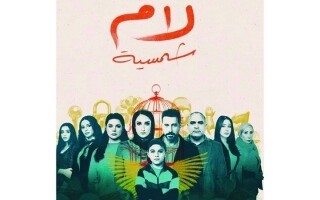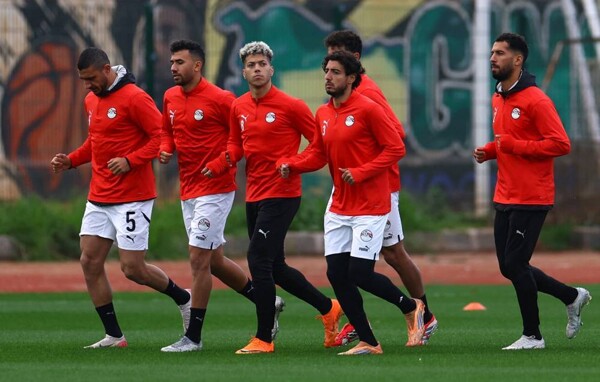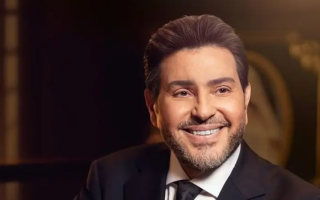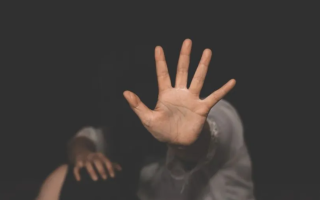
Recently, an Egyptian series titled "Lam Shamsiya" was released, which has caused shock in the local community, facing its first issue related to domestic violence against children. Over the past few years, Egyptian drama has confronted complex social issues, such as dependency, laws overseeing children, and women's rights in general. However, these themes of domestic violence, especially concerning children, remain outside the field of vision, seen as "cultural taboos," similar to "family issues."
Amalia Abushadi, 43 years old, notes that "in our culture, we do not talk about these things." However, after watching the series, she communicated with her son so that he could express everything he wanted to. Ind Adel, 41 years old, mother of three children, mentions that the series "Lam Shamsiya" made her "subject all of this to questioning," and she asks: "Who can we trust with our children?"
The series focuses on mothers, who find themselves in solitude, struggling with unwanted families, schools, and a society that believes that their child was in domestic violence with the nearby family member. While defending the child, the witnesses recognize it through the character Nelly (played by actress Amina Khalil), as the Egyptian legislation reacts to cases of violence against children and what psychological support is available for the survivors.
The series confronts us with the problem not only of protecting the child Yusuf (played by actor Ali El-Bayli) from domestic violence but also of the conflict with a person who holds social advantages as a science doctor and a teacher of the Arabic language for Yusuf and his friends, a nearby family member.
The creators of "Lam Shamsiya" chose actors with certain social privileges to provide them with minimal protection, but in poorer societies, discussing such problems remains prohibited. For many children, especially for street children, who are often subjected to Egyptian descent, lack of parental guidance, families, and personal identity becomes an additional risk.
According to the guidelines of the child helpline of the National Council for Motherhood and Childhood, Sabry Osman, in 2024, 21,000 complaints were received by the child helpline regarding children exposed to various dangers, including sexual and physical violence and neglect.
"Sulma Alfawwal," director of the child protection program of the ON Foundation for Childhood in Egypt (YUNICEF), notes that the organization has noticed the direct consequences of the series, adding: "Our partners noted an increase in calls since the moment the series aired, reporting cases or requesting information."














